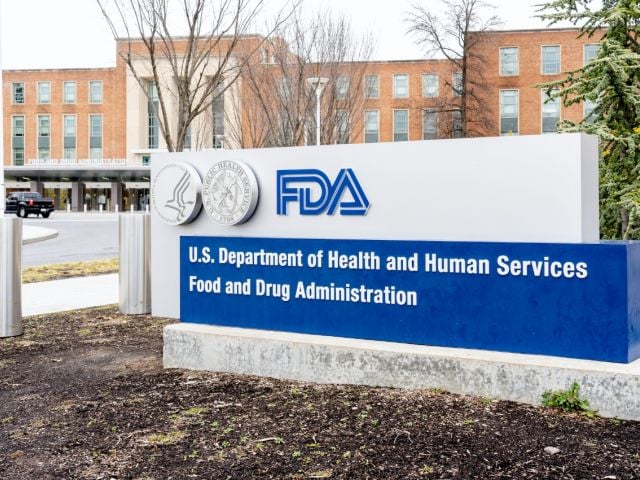WASHINGTON – Environmental Working Group (EWG) renewed its call for all infant formula makers to remove the toxic chemical BPA from their containers in light of recent actions by the governments of the United States and Canada, as well as action by major retailers to pull products made with BPA from store shelves.
Last week the National Institutes of Health increased its level of concern that BPA may be linked to a number of serious reproductive and developmental problems including breast cancer, early puberty, prostate effects, and behavioral problems. Concurrently, Canada determined that BPA meets criteria for listing as a “dangerous substance,” and announced actions to ban the chemical’s use in baby products, including infant formula cans. In the wake of both announcements, major retailers and manufacturers announced they would remove BPA bottles and other plastics products. However no one has addressed contamination of formula, which is a key source of exposure for babies.
Previous formula testing by EWG and the Food and Drug Administration (FDA) has shown that BPA leaches from the plastic lining of metal cans into liquid formula, and that that formula contains more BPA than would leach from a bottle.
“Government health agencies and major retailers are taking steps to dramatically reduce BPA exposures for babies, and formula makers must follow suit,” said EWG Executive Director Richard Wiles. “Our studies show babies get even higher doses of BPA from the lining of formula cans than they do from plastic bottles, dramatically increasing potential health risks for formula-fed infants.”
Wiles sent letters to representatives from Nature’s One, Nestle, PBM Products, Mead-Johnson, The Hain-Celestial Group, Wyeth Nutritional, and Abbott Laboratories urging each take the necessary steps to remove BPA from their products. All 7 letters and our previous work on BPA in infant formula can be found here.
###
EWG is a nonprofit research organization based in Washington, DC that uses the power of information to protect human health and the environment.



